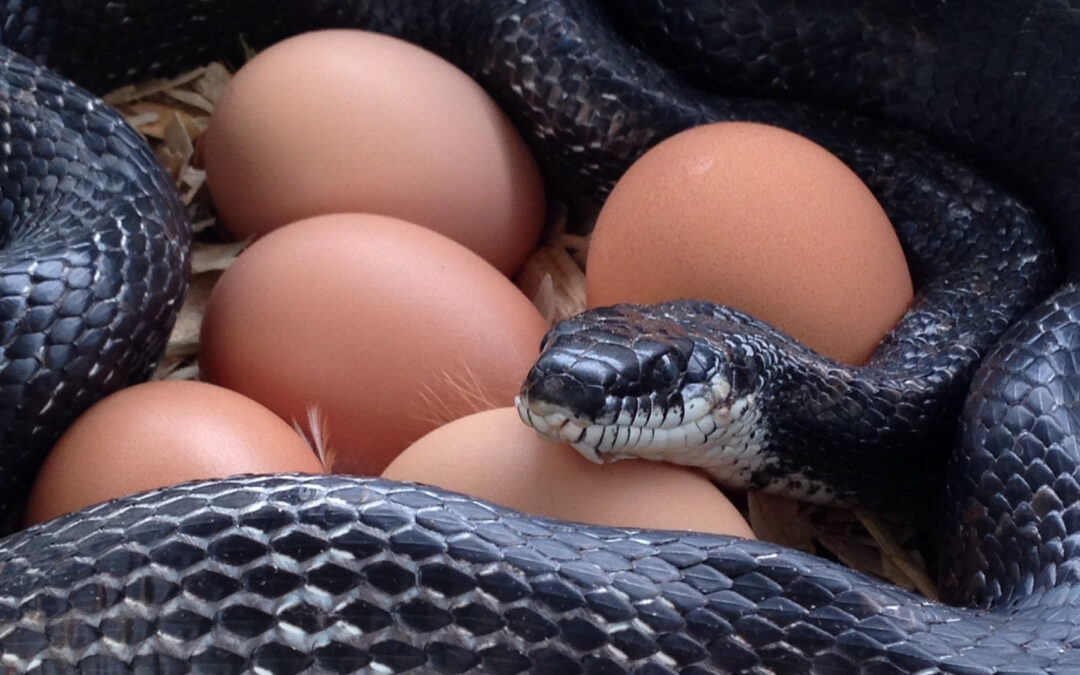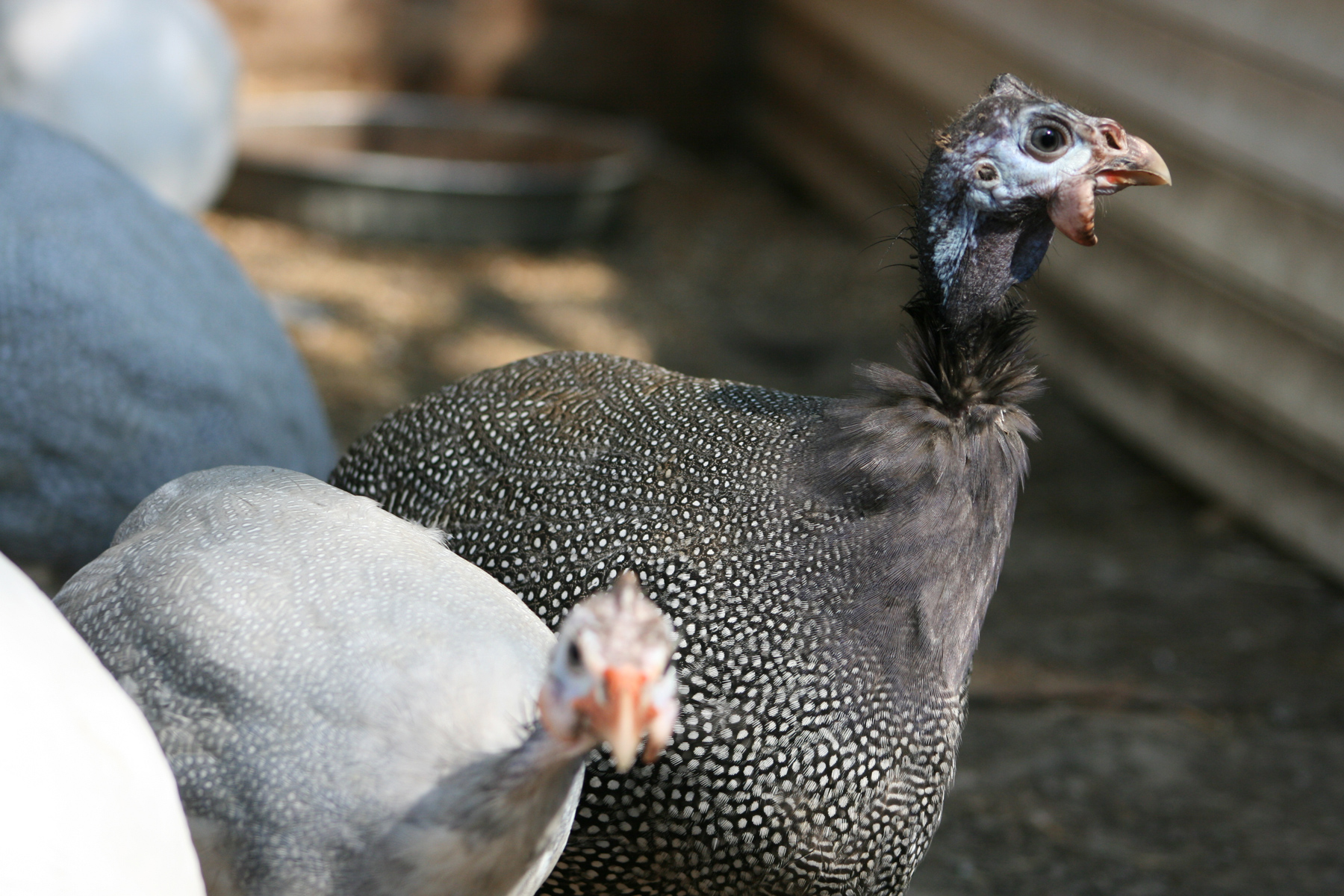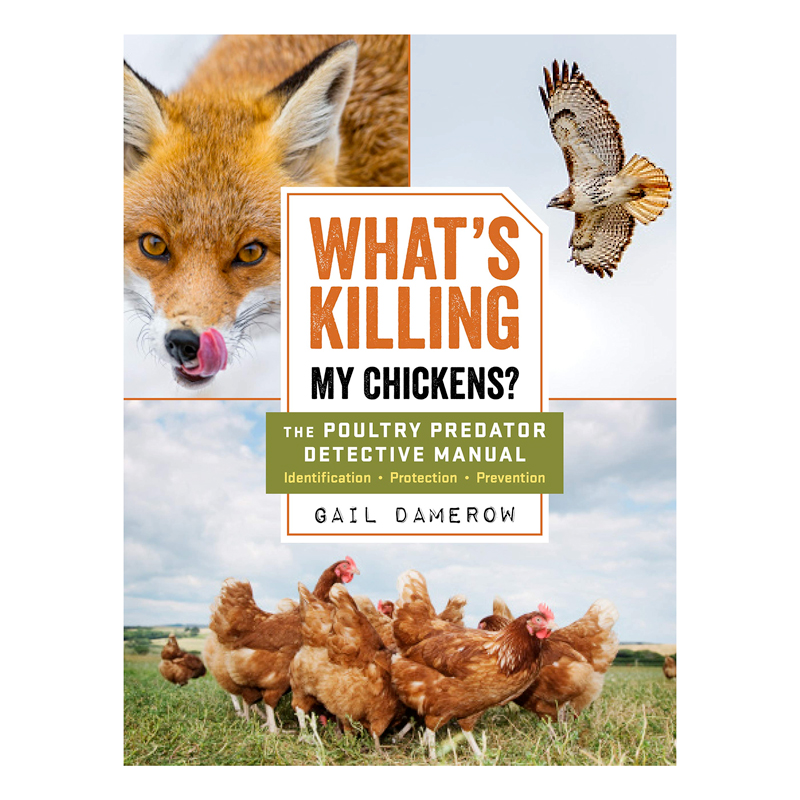A frequent question about predator control that we receive from new chicken keepers is how to keep snakes away from poultry. While the method may vary, the answer is always the same … snakes have to be kept out of your chicken coop at all costs. Not only can snakes eat your chicken eggs and reduce your yield, but they can also feast on your chicks. Sometimes, they even develop an appetite for adult chickens. And although most snakes are non-venomous, they may bite humans when they are startled or angered and their bites can be very painful.
It is essential to be able to identify common snakes found in chicken coops — the venomous and the non-venomous ones — and learn how to protect your poultry from them. Let’s look at how to protect yourself, your flock, and your coop from snakes.
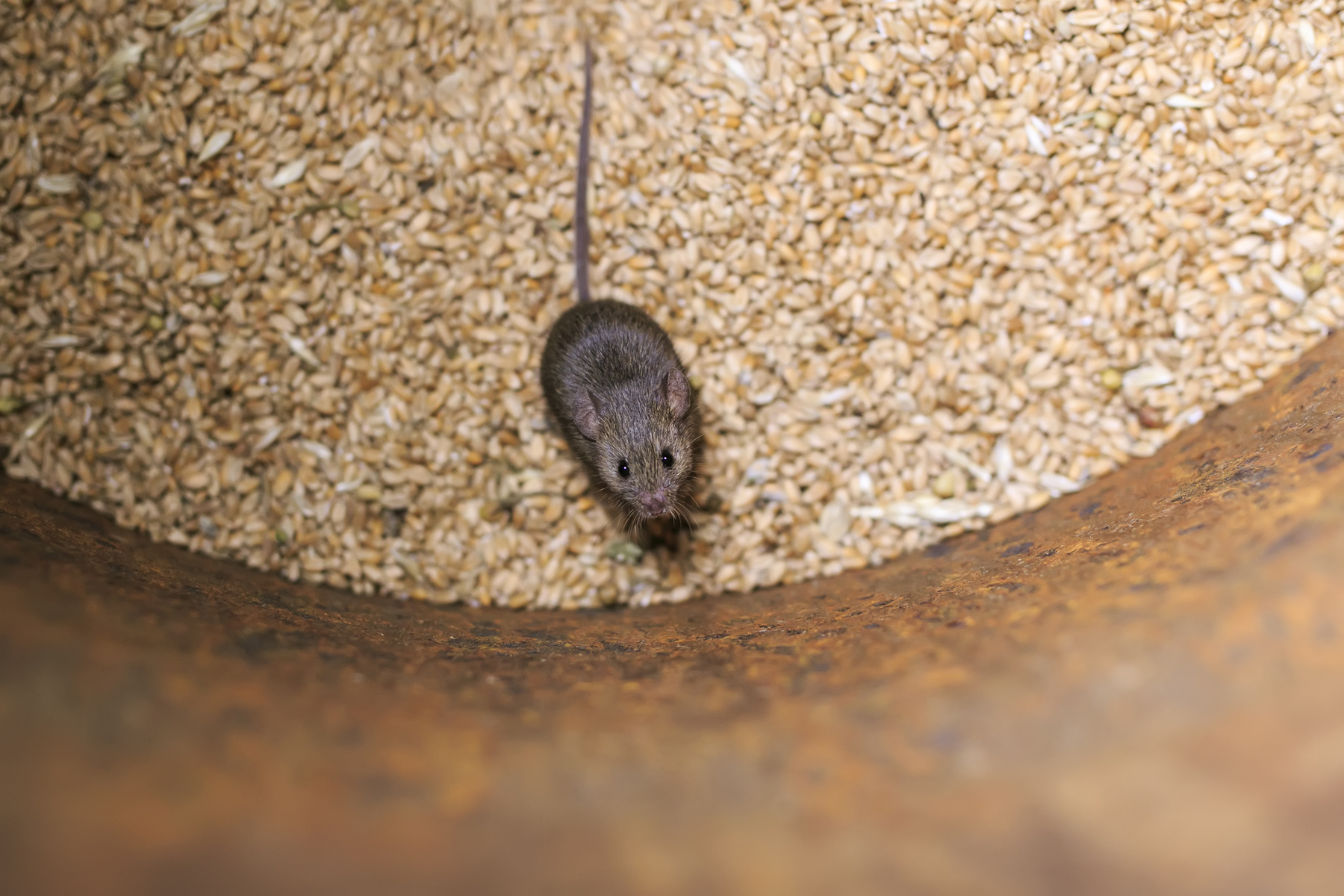
Why are Snakes Attracted to Chicken Coops?
Contrary to popular belief, snakes are not attracted to chicken coops because of the chickens. It is more likely that they stumbled upon your coop while looking for any of the following three things:
- FOOD — Rodents (rats, mice, etc.) are prime meals for snakes, and rodents are often found in chicken coops and barns looking for food. These vermin often leave traces of urine and droppings which makes it easy for snakes to track them. So odds are if you have rodents in your coop, you have rodent predators, too. While snakes can be beneficial in helping to control these rodents, if they find more food such as eggs, or baby chicks, they may be less reluctant to leave. And even if they do leave, they will likely return for refills every few days.
- SHELTER — Snakes are always on the lookout for shelter and a nice coop is an ideal location to avoid the heat of the sun.
- WATER — As with all living creatures, snakes need water.
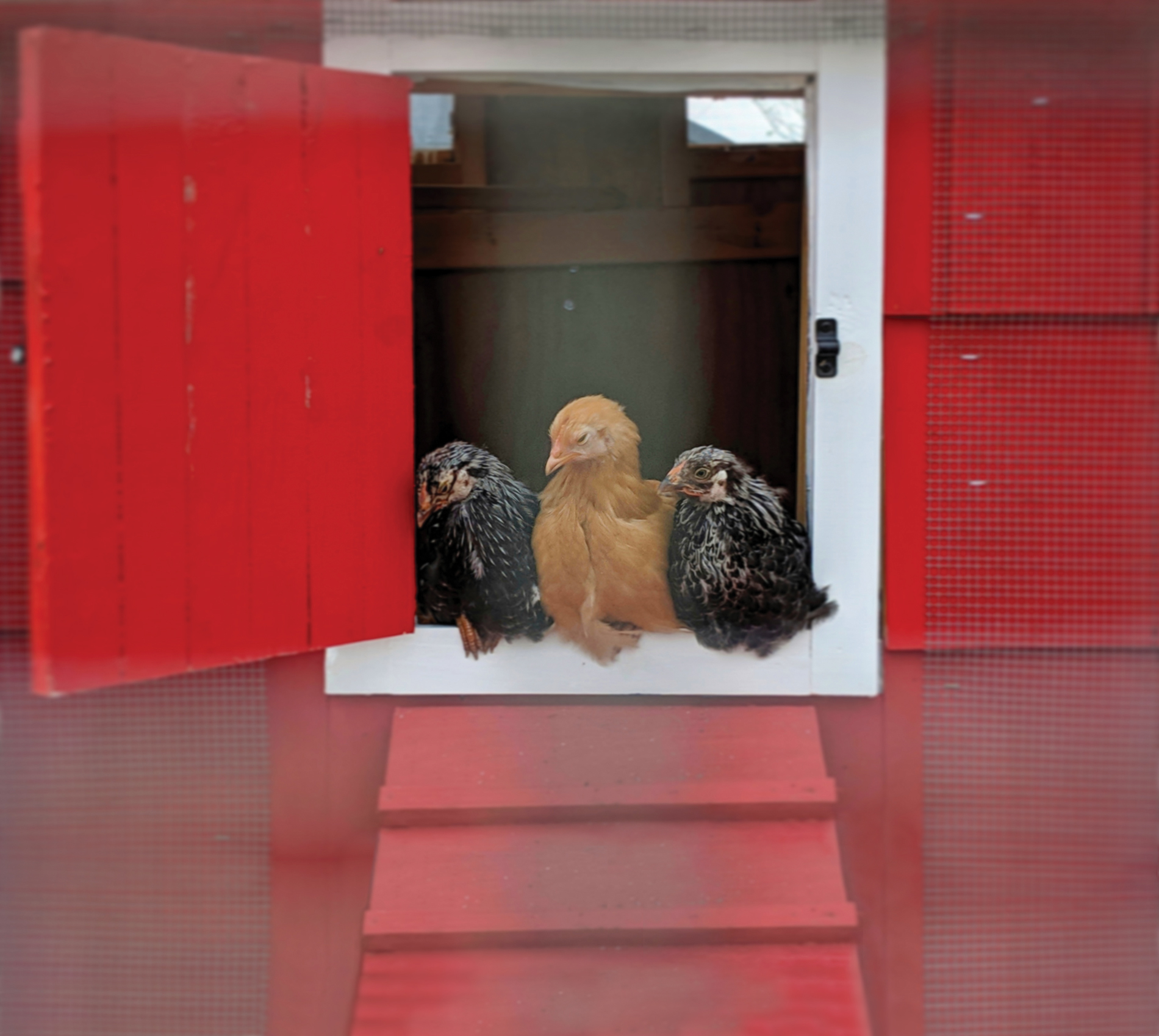
How Snakes Get Into Your Coop
A snake can fit into any hole or crevice that is big enough to get its head through — most only need a hole that is about 1/2 inch in diameter. It does not matter if the holes and cracks are on the floor, walls, or the roof. Snakes can climb up to two-thirds of their length, and they can climb higher if there are supports around such as posts, branches or even brush.
Signs There are Snakes in Your Coop
How do you can you tell if a snake has been in your coop? You don’t have to be a snake expert, just look for these signs:
- REDUCTION IN EGG NUMBERS — Have you noticed a reduction in your egg yields? Are your eggs vanishing every few days? These could be signs that a snake is already feasting on your eggs. Most snakes can eat up to two eggs per meal.
- MISSING CHICKS — If you are missing chicks every few days, then a snake might be lurking somewhere around your coop.
- SNAKE SKINS — If you find shed snake skins in your coop, you can be pretty certain that a snake has been in your coop and could still be somewhere around.
- REGURGITATED EGG SHELLS — Snakes will regurgitate anything their bodies could not digest. Sometimes, they eat your eggs and regurgitate the shells.
- DEAD CHICKENS A dead chicken with a wet head also means that there could be a snake lurking around. This is often as a result of the snake’s inability to swallow the chicken whole.
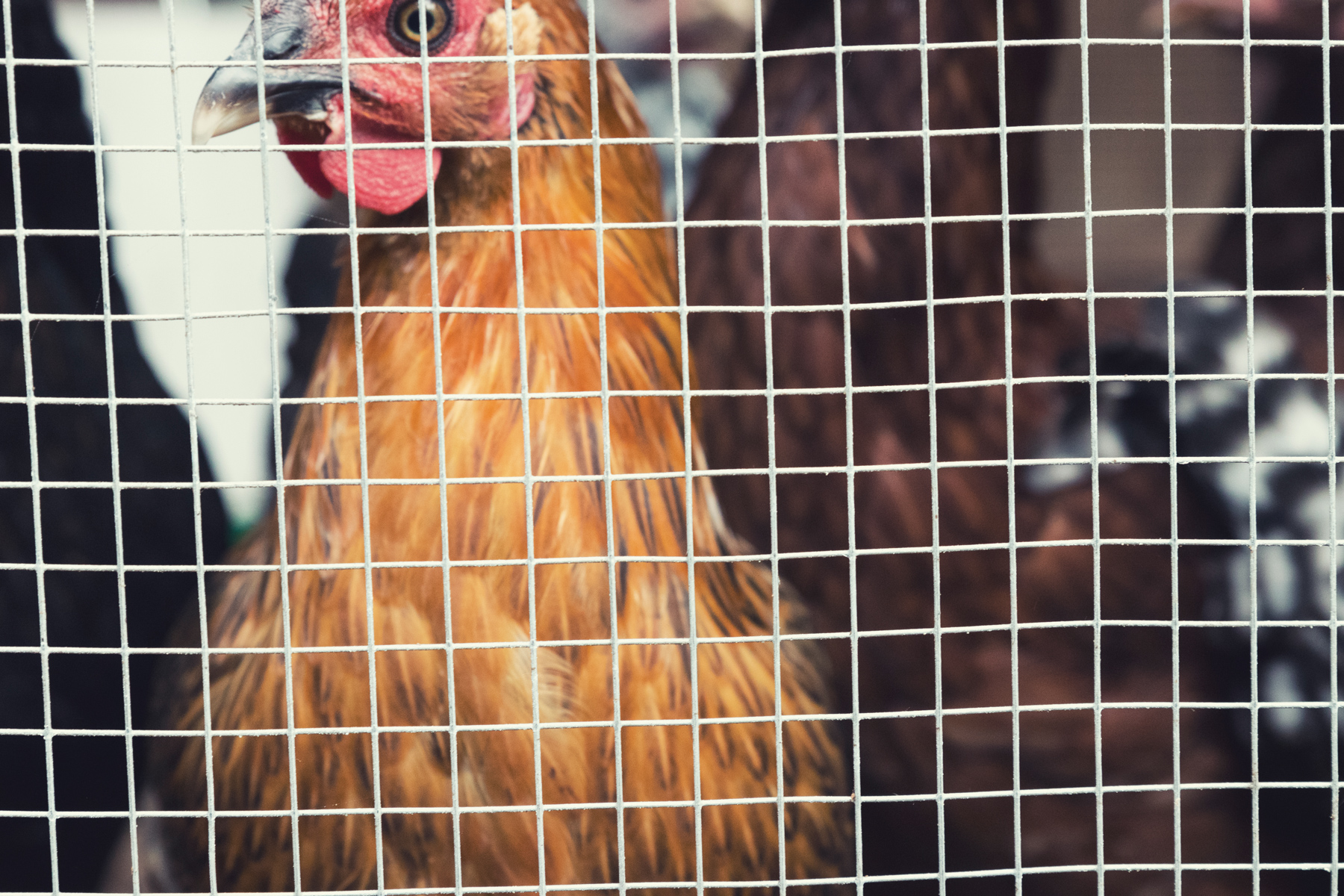
How To Keep Snakes Away From Your Chicken Coop
While snakes can be beneficial in controlling rodents, they can become an issue if they turn their attention to your fresh eggs or baby chicks. Here are some tips on keeping snakes away from your coop
- BLOCK ALL HOLES AND POSSIBLE ENTRANCES — Make sure to block all holes and cracks in your coop and run that may be big enough to let snakes through. This is the best way to not only keep snakes away, but to also keep rodents at bay. As you shore up your openings, consider wrapping your high-risk areas with 1/4 inch hardware cloth. Hardware cloth not only helps keep snakes out, it also helps to protect your flock from other predators such as raccoons, fox, weasels and more. Additionally, check your floor, roof and walls to make sure that there are no hiding places for snakes in your coop.
- GATHER EGGS REGULARLY — Don’t give snakes an incentive to visit your coop. Gathering your eggs regularly means snakes have one less reason to come around.
- KEEP THE GRASS AROUND YOUR COOP SHORT — Snakes prefer to move without being seen, and tall grass or brush makes an excellent cover for them to hide in. Many snakes have skins that camouflage them to make you think they are a part of the grass. Keeping your grass mowed and brush cleared around your coop and run will help prevent snakes from coming around.
- RAISE YOUR COOP — An unelevated chicken coop is prone to vermin attacks. Rats, moles, and voles can make their way underneath your coop, or through holes and other possible openings, to feast on your poultry feed. And if the rats can get in, snakes can too. Elevating your coop can make it harder for the rodents to reach your coop and helps to discourage rodents from burrowing in. And, if rodents can’t make it into the coop, snakes won’t have a reason to as well.
- MINIMIZE POULTRY FEED SPILLAGE — Feed is the number one thing that attracts rodents to your coop and run. Don’t tempt them with poultry feed by leaving feed in open bags, or using poultry feeders that allow for a lot of spillage. During your daily chores, be sure to clean up any feed spillage before you leave the coop, and store the feed in rodent-proof storage containers. Remember that snakes go anywhere where rodents go.
Other Things You Need To Know About Keeping Snakes Away From Your Poultry
Let’s cover some frequently asked questions regarding preventing snakes in chicken coops.
HOW EFFECTIVE ARE SNAKE REPELLENTS? Snakes repellents often contain high amounts of sulfur. The theory is that snakes taste or perceive the sulfur, and they run away. There are many commercial snake repellents like this on the market. But, scientifically sulfur does nothing to snakes. Sulfur does not bother them in any way. In fact, many snake repellents neither repel snakes nor kill them. However, some people still claim that sulfur snake repellents kept snakes away from their coops. So, if you still want to try them, know that you don’t have the backing of science on this one.
WHAT ABOUT USING GOLF BALLS TO KILL SNAKES? No, it doesn’t work. Some people keep golf balls among their chicken eggs with the hope of tricking the snake into eating it and dying from ingesting the golf ball. This never works because snakes can perceive smells through their tongues, and this organ is very sensitive. A snake will not be easily fooled into eating a golf ball. Also, snakes regurgitate anything they have eaten but couldn’t digest.
ARE THERE PLANTS THAT NATURALLY REPEL SNAKES? There are some plants that can be used to naturally repel snakes. Lemongrass and marigold are just two examples. Onion and garlic also have pungent smells that snakes dislike. Other plants that repel snakes are thyme, rosemary, snakeroot, and society garlic. Be sure to plant them close to your coop because snakes won’t smell them when they are far away.
ARE THERE OTHER TYPES OF POULTRY THAT ARE NATURAL SNAKE ENEMIES? Surprisingly, guinea fowl are with you in the fight against snakes. Guineas are very aggressive towards snakes, and often kill snakes that don’t run away from them. Not only do guinea fowls attack snakes, but even rodents also are not safe on their watch. Guinea fowls are known to hunt and eat rodents. Another capable and effecttive rodent and snake hunter is the cat. Nimble and quick with its claws, a cat often ends up victorious in duels against snakes and rodents.
Recommended Reading
Have questions about predator-proofing your chicken coop? Not sure what type of predator is attacking your flock of chickens or other poultry? What’s Killing My Chickens by poultry expert and author Gail Damerow is an easy-to-read resource that helps you quickly identify predators and learn how to protect your poultry.

